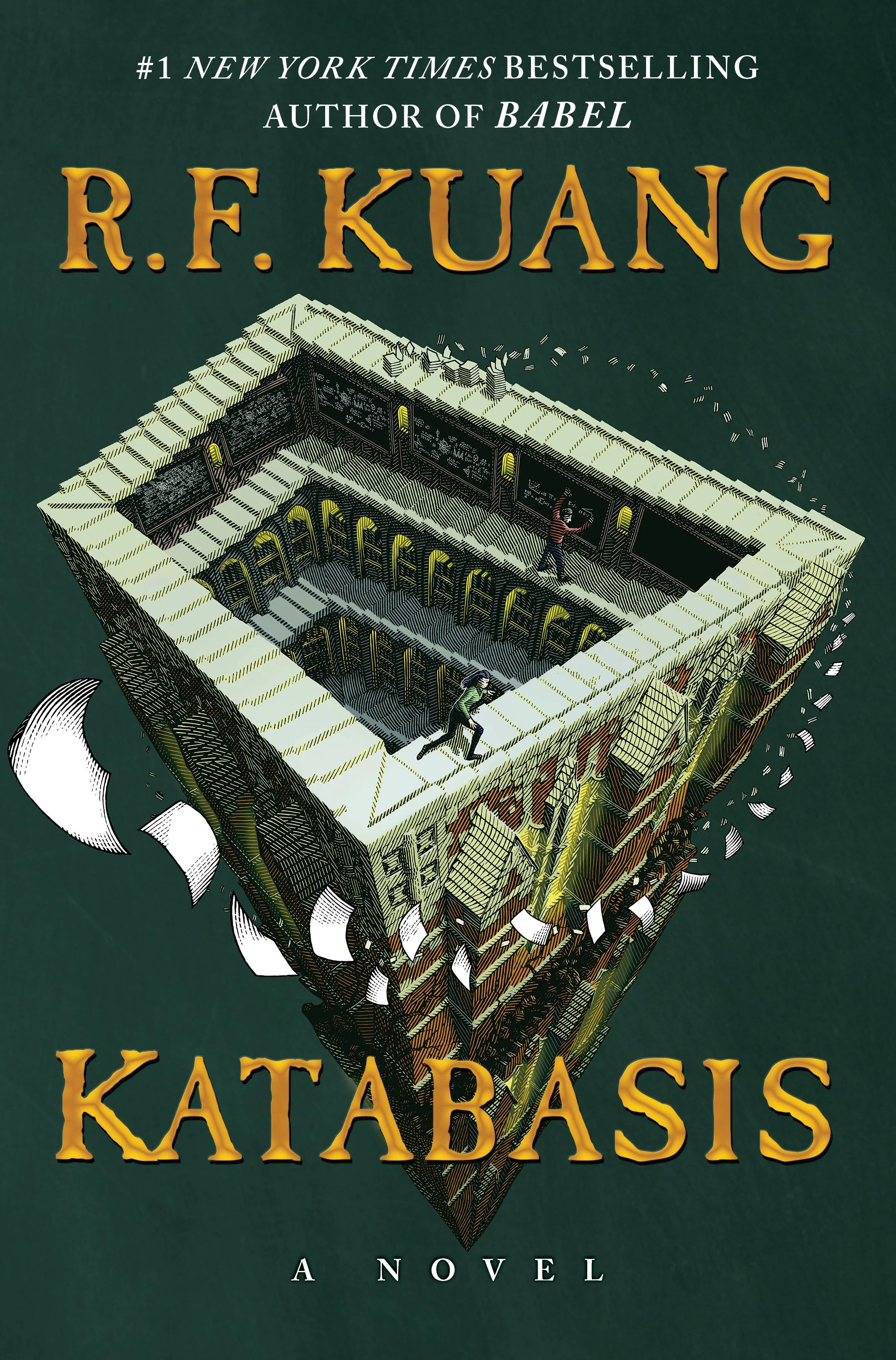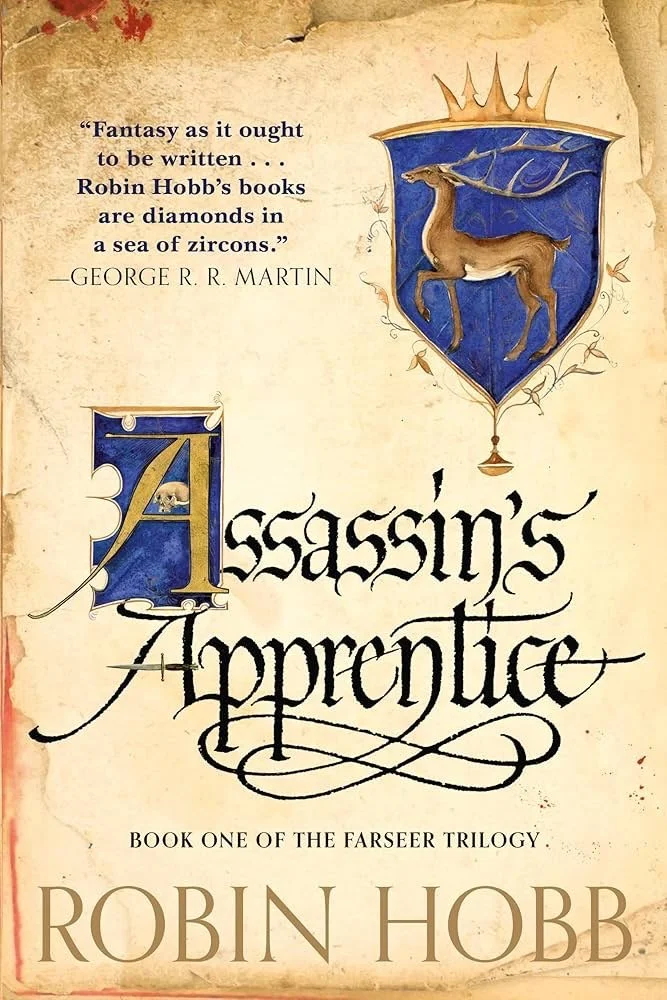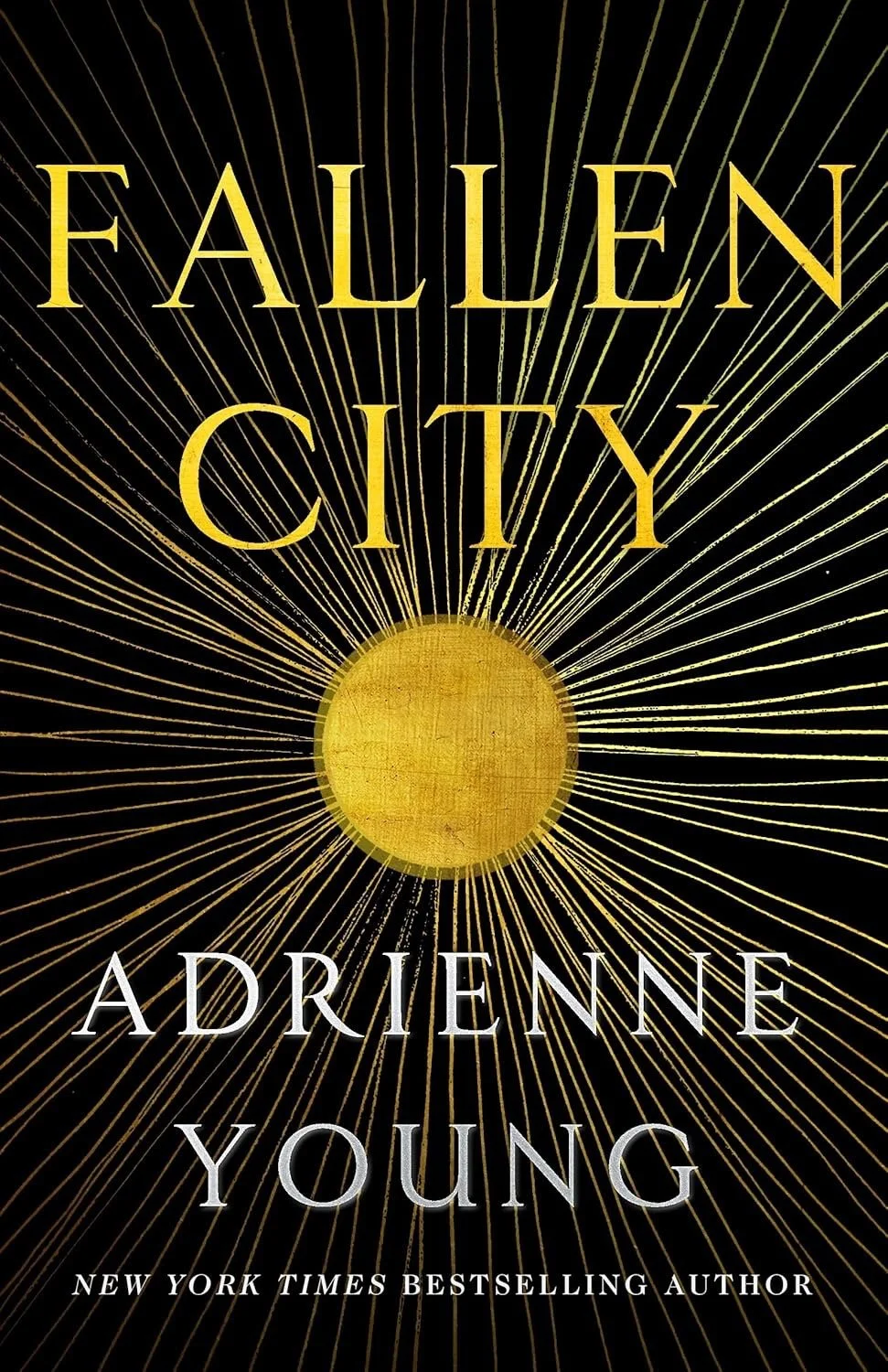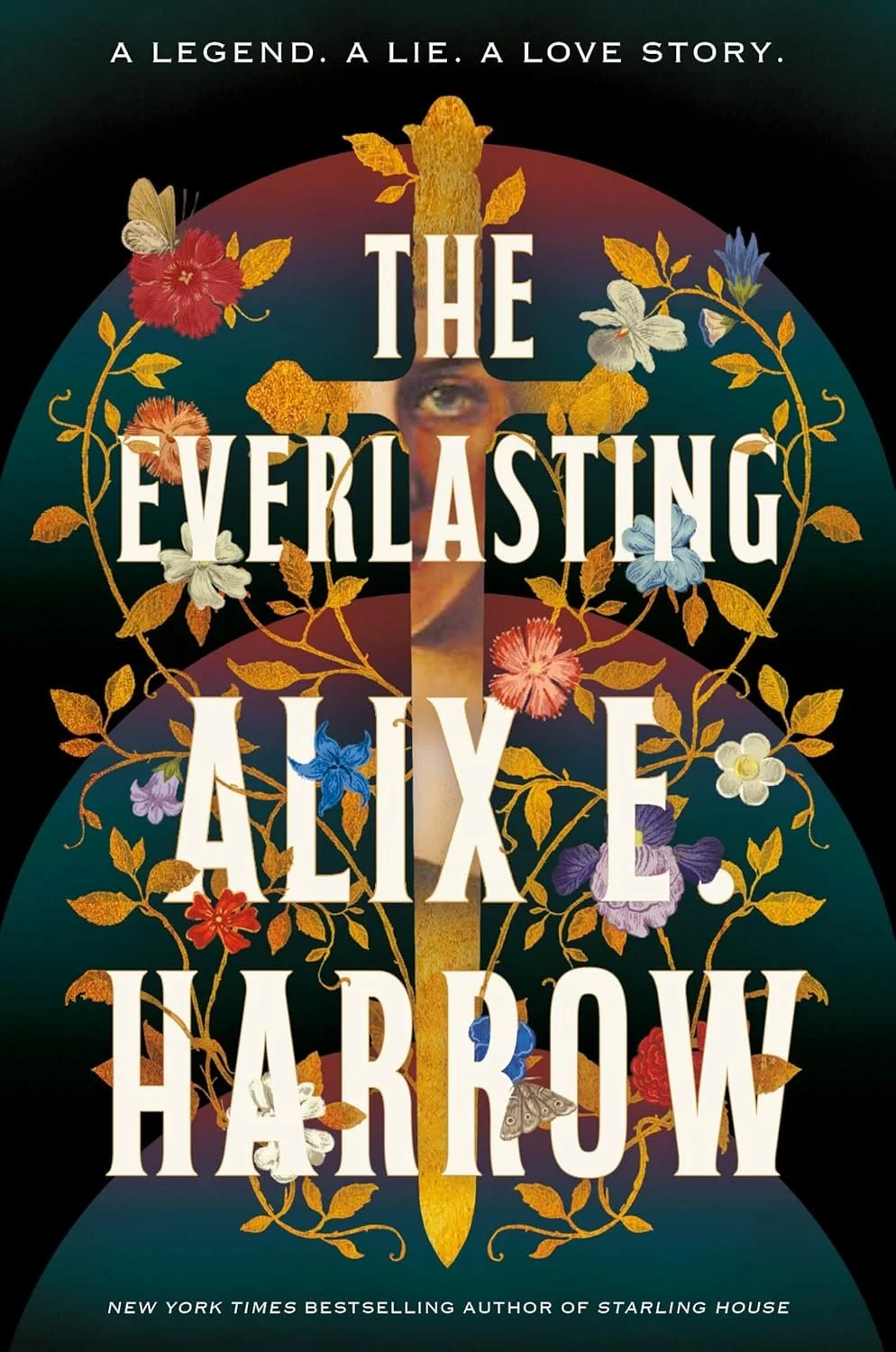Katabasis — Book Review with Content Warnings
Author: R.F. Kuang
Genre: Magical academia, Dark fantasy
Series: Standalone
Age Rating: Adult
Synopsis
Alice Law has only ever desired to become one of the brightest scholars in the field of Magick. When her Cambridge professor, Jacob Grimes, is killed in a violent accident, she decides to journey to Hell to retrieve his soul for the sake of salvaging her career. Her rival, Peter Murdoch, joins her at the last second, and her mission to pursue her dreams at all costs is compromised as they battle the layers of the underworld together.
Content Warnings
General Rating: Adult
Spice Rating: Moderate—No explicit content; however, prominent sexual fantasies, non-consensual kissing, and misogyny in academia are present and may be triggering
Violence Rating: Moderate—afterlife violence via ghost-like and zombie-like creatures; animal death
Profanity Rating: Severe—casual use of f*ck throughout
Other Trigger Warnings: depression, suicidal thoughts, eating disorders, starvation, self-harm, gaslighting, manipulation/coercion, misogyny, attempted rape, sexual harassment, bullying, abusive relationship, chronic pain/illness, attempted murder
Overall Rating: 4.5/5
Katabasis is profound, as Kuang’s work always is. It’s deep, and its research is thorough. It’s not a fun read, per se, but it is enlightening, reflective, and potentially transformative in how we think about academia, sexism and feminism, and on a much broader plane, the meaning of life and the afterlife. It’s an introspective read about one of my favourite topics—hell and the meaning of life. Is it for everyone? Nope. But I enjoyed it.
What I Liked
Kuang’s nuanced perspective on misogyny and bullying within academia: I wonder how much of Alice’s experiences were Kuang’s own; she writes intimately about the gender double-standards and bullying within the ivory tower. In typical Kuang fashion, it is a little heavy-handed, but the point is made—women have not been and are still not treated as equals within academia.
“This is an arbitrary game of egos and narcissists and bullying perceived as strength. And he was the perfect incarnation of the system’s nonsense.” (251)
Kuang’s research on Hell from various religious perspectives: As with most mythologies, there is significant overlap between different religious depictions of hell. I was fascinated by her well-rounded exploration of Greek, Christian, Buddhist, and Norse depictions of Hell. Also, the depiction of Hell as a university was highly entertaining and ingenious (what student hasn’t felt that way?).
The philosophical and theological exploration of Hell and the meaning of life: It’s a food for thought kind of book, one that demands mulling over and returning to its concepts again from another angle. Sure, you can read it simply for entertainment, but there are many layers to parse if you’d like to go deeper.
What I Didn’t Like (Sort of)
Heavy-handed writing: Kuang comes off as pretentious, as she tends to do, but she certainly knows how to do her research, so I’ll give her a few extra stars just for that. Katabasis is direct in its themes and characterization, unflinching in its critique of academia and the pursuit of scholarly accreditation, as well as more personal themes of depression and self-harm.
Very introspective: Alice’s mind isn’t the most hopeful place to be; however, that is kind of the point of the story. Without understanding her inner self, I don’t think we could understand her transformation.
Themes and Reflections
The embodied life: Are we truly living if we are only minds carried about by our bodies? The modern assumption that we are only brains carried around by our bodies is challenged by Alice’s journey through Hell. As it turns out, life is about experiencing sensations, relationships, and connections.
“Everyone liked to pretend that they did not exist outside of their research, that their earthly bodies had no wants at all.” (129)
The academic rigour of post-graduate studies: This is depicted to the extreme; Professor Grimes is known for burning out many students, and Alice is determined not to be one of them… but at what cost? Kuang critiques the absolute power given to tenured professors in high academia.
“She believed, despite mounting evidence to the contrary, that she was alright, that everything was alright, that she did not need help, that she could just stiffen her upper lip and keep on going.” (20)
“She knew she had erred, but her sins felt like they had been committed by someone else, for reasons she could not fathom, and the only defense she could offer was that along every step of the way, from start to finish, each next move had in that very moment seemed like the only rational thing.”
Writing Style
Blunt, crisp, stark prose
Episodic pacing with several flashbacks
Gritty and foreboding atmosphere
Imaginative and sprawling worldbuilding in the eight layers of Hell
Sharp, snappy dialogue
Nuanced and complex characterization
Third-person POV
Unsettling and thought-provoking, but also inspiring
Tropes
Journey to the Underworld
Betrayal
Revenge story
Redemption arc
Books Like This
Dante’s Inferno by Dante Alighieri
The Songbird and the Heart of Stone by Carissa Broadbent
Publisher Info
Publisher: HarperVoyager
Release Date: August 26, 2025






Book review with content and trigger warnings for Among the Burning Flowers by Samantha Shannon